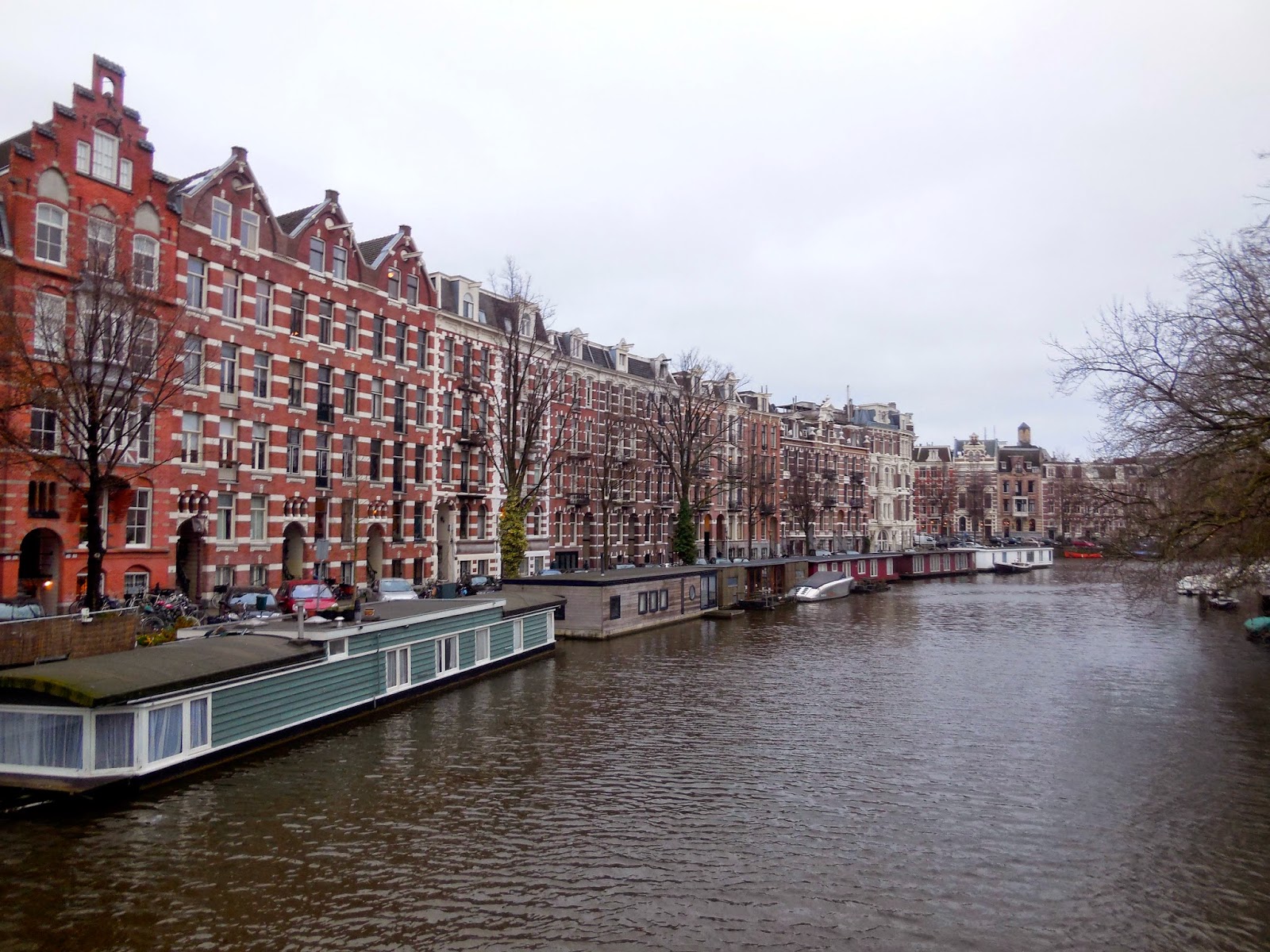Monk Chat: Wat Suan Dok Temple (Chiang Mai, Thailand)
“Why did you become a
monk?”
When
KK was 13 he lost both his mother and his father. As an orphan, he often didn’t
have enough food for 3 meals a day. One day in a temple he saw a monk and began
to talk to him about what it meant to commit to the monk lifestyle.
Additionally, KK asked the monk why he was going through so much suffering and
what the greater purpose was of the loss of his parents. The monk said that
suffering is not an individual experience. He asked KK to go to each family in
his village and ask them if they have lost a loved one, as most everyone has.
The monk said that all things are impermanent, including life.
“Who can become a monk?
Does sexual orientation or gender matter?”
In
Thailand, there are currently only male monks due to the lack of temples for
females, as they need to remain separate. Sexual orientation does not make a
difference in becoming a monk, just ability to follow rules. For young novices
there are 10 rules, for male monks there are 227, and for female monks there
are 311 rules.
“How long do you have to
be a monk for?”
This
is completely up to the individual…anywhere from months to a lifetime. Unless
the person breaks one of the major rules…then they are immediately dis-robed.
“How do you process
anger?”
Just
as any emotion it is human nature to feel anger. Acknowledge the feeling and
let it leave just as it came. Anger only causes you suffering.
“What are the most
important steps in living a mindful and meaningful life?”
1.
Do
good
2.
Don’t
do bad
3.
Purify
the mind
*Understand
the difference between 1 & 2
Again, remember that all things are impermanent. Also
realize that the good you do in the world will come back to you, karma.
Meditate to control your busy monkey mind.
“What do you believe
happens when you die?”
If
enlightenment is not reached, reincarnation will occur again and again. Once
you reach nirvana there is emptiness, nothing more. If the person did not want
to die…for example a young death..sometimes their spirit does not immediately
become reincarnated until they are able to move on and let go.
“What is your favorite
food?”
Monks
are only able to eat the food that they collect. We practice detachment….the
food is not for enjoyment..it is to nourish our bodys and to relieve hunger.
“In America it seems everyone
is set on following certain steps 1.education 2.career 3.marriage 4.family..it
seems to be frowned upon if you aren’t doing this. Thoughts?”
It
is important to only judge yourself, and not others. WE are the cause of our
own suffering. Start from within and follow the path that you think is right
for you despite the thoughts of others. When you do work, work to learn not
simply to make money.
"Are monks required to be vegetarian?"
While some monks ARE veg it is not required for them to be. Every day for breakfast and lunch we will collect food in a process called "alms around" . When we are collecting donations we do not turn any food away as the person giving us the food has positive intention and is trying to do good. When we arrive back to the temple we all share the food that has been collected, some leftovers will be saved for lunch or given to the homeless around the temple or the strays.
"Are you allowed to visit family?"
Yes, family can visit us at the temple and we can go to visit our family whenever we want to.
"How many times do you mediate each day?"
It depends on the temple that the monk lives at. Different temples have different required time periods throughout the day when meditation is mandatory. For my temple there are 2 times each day of compulsory meditation, and then you add in your individual practice.
"Are monks required to be vegetarian?"
While some monks ARE veg it is not required for them to be. Every day for breakfast and lunch we will collect food in a process called "alms around" . When we are collecting donations we do not turn any food away as the person giving us the food has positive intention and is trying to do good. When we arrive back to the temple we all share the food that has been collected, some leftovers will be saved for lunch or given to the homeless around the temple or the strays.
"Are you allowed to visit family?"
Yes, family can visit us at the temple and we can go to visit our family whenever we want to.
"How many times do you mediate each day?"
It depends on the temple that the monk lives at. Different temples have different required time periods throughout the day when meditation is mandatory. For my temple there are 2 times each day of compulsory meditation, and then you add in your individual practice.
“Any final advice on how
to live life?”
Practice
meditation and mindfulness, practice balance, practice taking the middle path.
Do not judge others, only yourself. Start by focusing on the breath.
We
spent over 2 hours talking with Phra KK and it would be impossible to sum
everything up. I am very grateful for this experience and to gain a better
understanding of monks and Buddhism through this incredible opportunity to talk
with a Thai monk himself! If anyone finds themselves in Chiang Mai I would highly recommend taking
advantage of this mutually beneficial program!
If you have any other questions feel free to ask me! We covered a lot in the 2 hours we spent with him!




Comments
Post a Comment